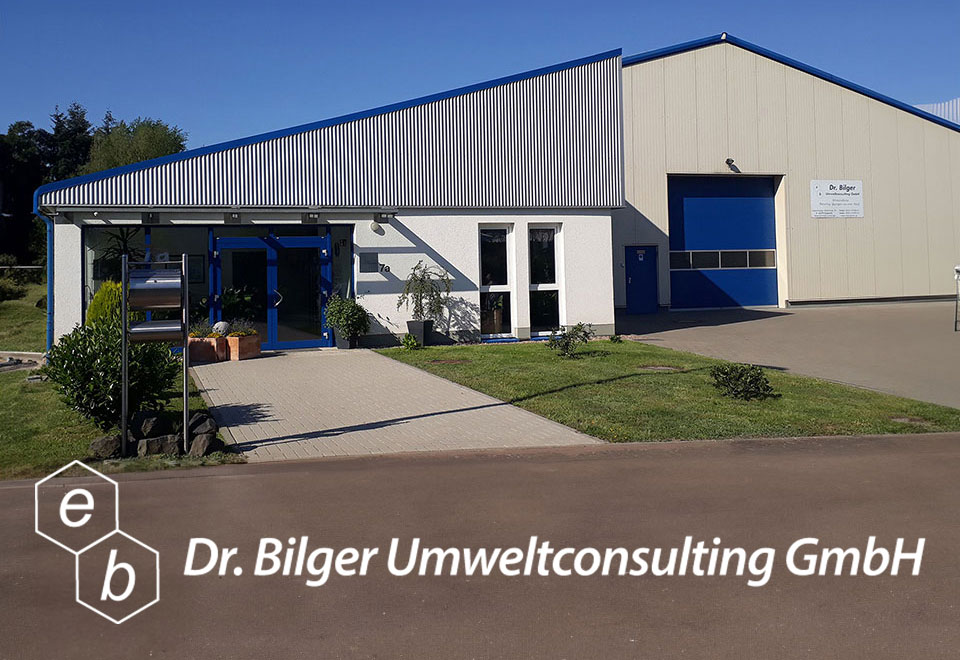info@bilgergmbh.de
+49 (0)6051 916 69-51
Standard diameter:
43mm, 30mm, 23mm
Standard weight:
25 g – 50 g – 75 g – 100 g – 500 g
Custom-made pieces also possible (diameter and length upon customer request!)
Packed in dangerous goods cardboard boxes:
each (30 x 40 x 30 cm) or in steel drums with UN approval
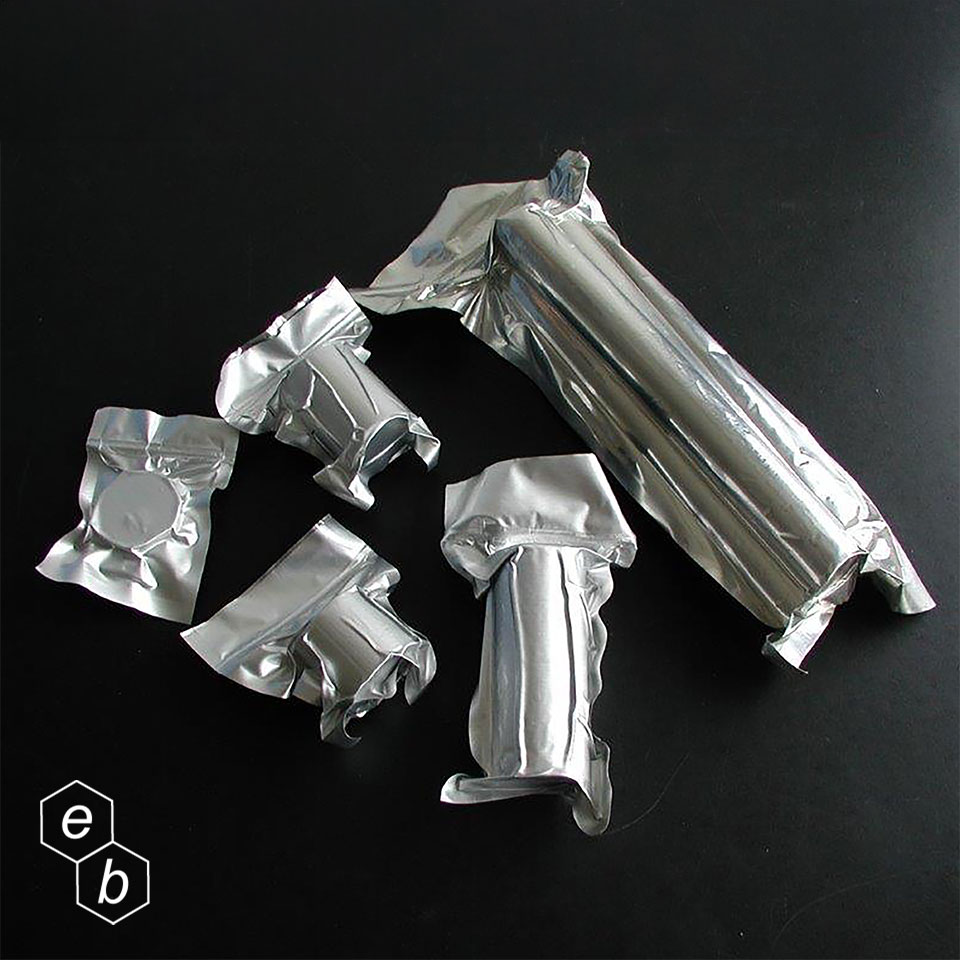
The etching process with sodium in ammonia makes bonding PTFE possible:
Sodium etching of fluoropolymers is used to enhance bondability of PTFE.
It is performed by immersion of the PTFE in a solution of sodium in liquid ammonia followed by rinsing in alcohol and water.
You will have to keep in mind the low boiling point of ammonia (b.p. -33°C).
General safety precautions for handling of sodium and liquid ammonia have to be regarded.
The etching process extract fluorine atoms at the surface creating a carbonaceous layer which can be bonded with the appropriate adhesives or metals.
Some companies have very long lasting (up to more than 40 years) experience in sodium ammonia fluoropolymer etching to receive the long lasting, durable, uniform surface modification.
When compared to sodium naphthalene processes, the sodium ammonia etching process has been proven to be the preferred solution with its superior performance and design to give the bondable surfaces on any fluoropolymer quickly and efficiently.
Sodium in ammonia penetrates deep into the surface of the PTFE resulting in
higher surface resistance (approx. 3.1 N/mm) as compared to sodium naphthalene treatment (approx. 1.9 N/mm).
So the treatment with sodium in liquid ammonia may be a profound alternative to sodium naphthalene.
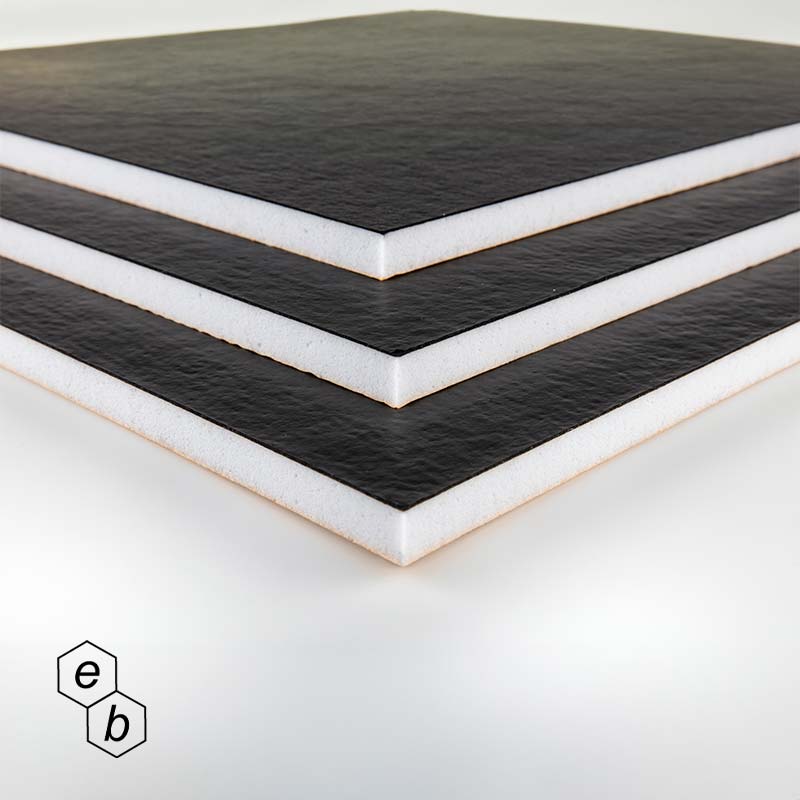
The calculated amount of sodium is placed in a diving device (e.g. a basket made of coarse wire) and quickly immersed below the surface of the melt.
Alternatively, the BINAL piece is placed on a bed of salt and immediately submerged using a diving device.
Example: 25 g of sodium for 250 kg of aluminum melt corresponds to a content of 0.01% Na.
After the reaction is complete, the diving device is slowly moved up and down two to three times to gently stir the metal bath. The melt then remains for another 5 to 10 minutes before pouring.
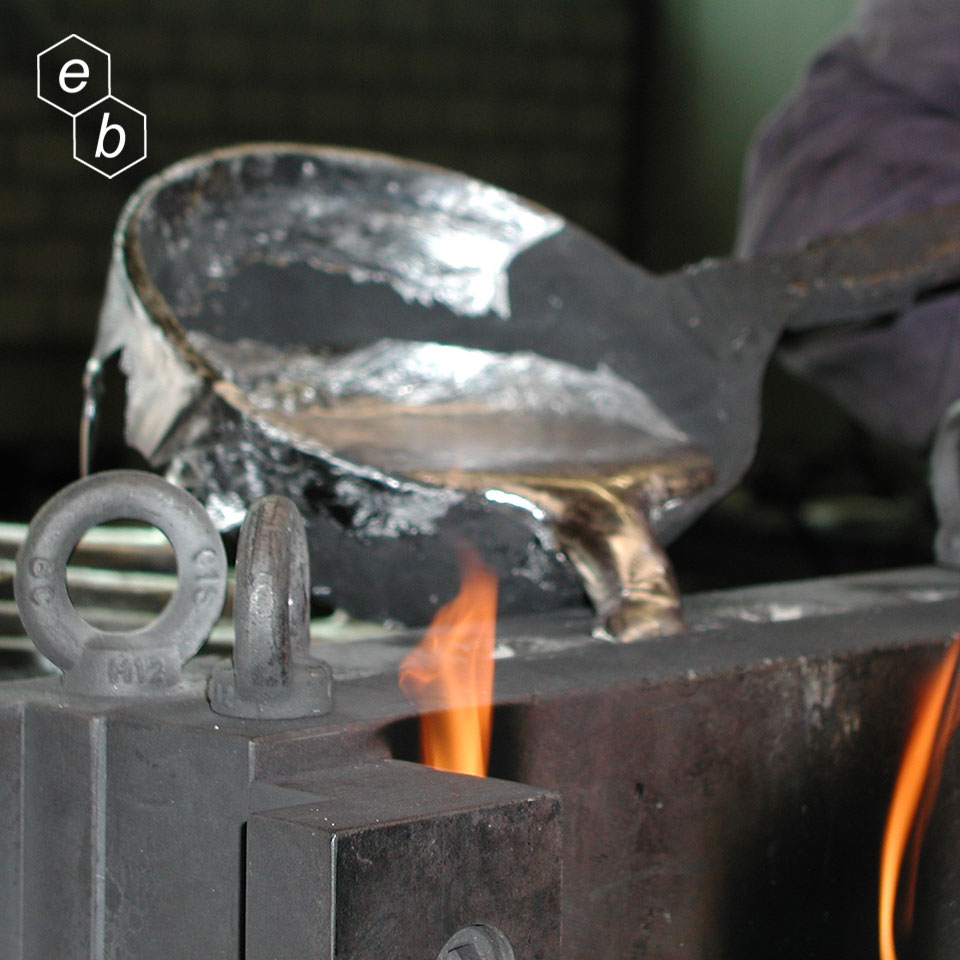
Modification of the Al/Si eutectic in gravity mold and sand casting.
Sodium is used to refine an Al/Si melt. The Si content of the melt is 5 – 13.5%.
This is a targeted melt treatment, whereby a fine-fiber eutectic silicon is to be produced in the cast structure. The refinement improves the mechanical and casting properties of the melt. It is refined by adding sodium or strontium.
The refinement of an aluminum melt can be done using thermal analysis. The behavior of a cooling melt is observed. This means that you plot the current temperature against time. When sodium is added, the melting point of the eutectic (Al/Si) is significantly lowered (approx. 10° C).
The originally lamellar structure of Al-Si alloys is transformed into a fine-grained, refined structure with significantly better properties for the casting by adding sodium or strontium.
BINAL® (sodium in aluminum composite foil) refines the aluminum alloy by reacting with the melt. It should be noted that this reaction does not cause any bath movement. In most foundries, a sodium release of approx. 50 to 100 ppm should be released into the melt, although this depends on the sodium content of the initial material.
In different foundries the treatment temperature varies between 680ºC and 810ºC. It should be noted that the reactivity of BINAL® increases at higher temperatures. You should therefore place BINAL® on a layer of covering salt and submerge it as quickly as possible.
The degree of refinement can be checked using thermal analysis.
quantity added: | 50 - 60 ppm |
quantity added: | 80 - 100 ppm |
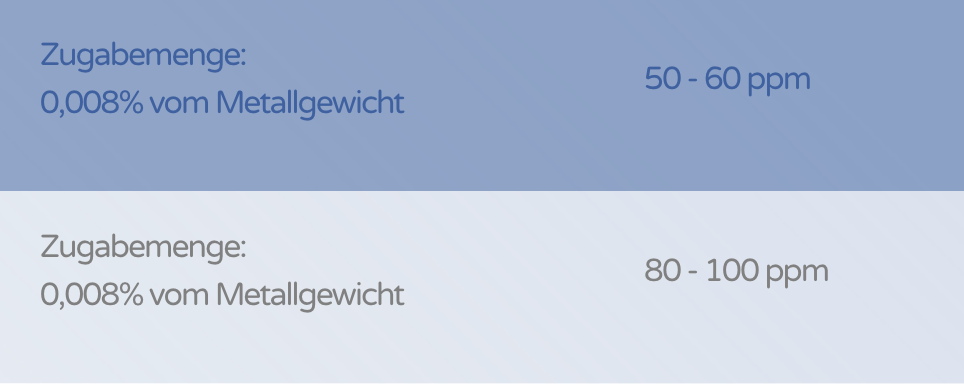
* These are empirical values (however, it should be noted that these values depend on the speed of immersion - the faster → the better the sodium transfer)
In hollow engine valves, metallic sodium is encapsulated in the cavity. This increases the thermal conductivity of the valves and improves their cooling efficiency.
In addition, the weight can be reduced by approx. 15% compared to solid valves.
The temperature of the valves can be kept at 600 °C, this preventing an excessive rise in temperature.
This eliminates the need for expensive heat-resistant materials and reduces associated costs.
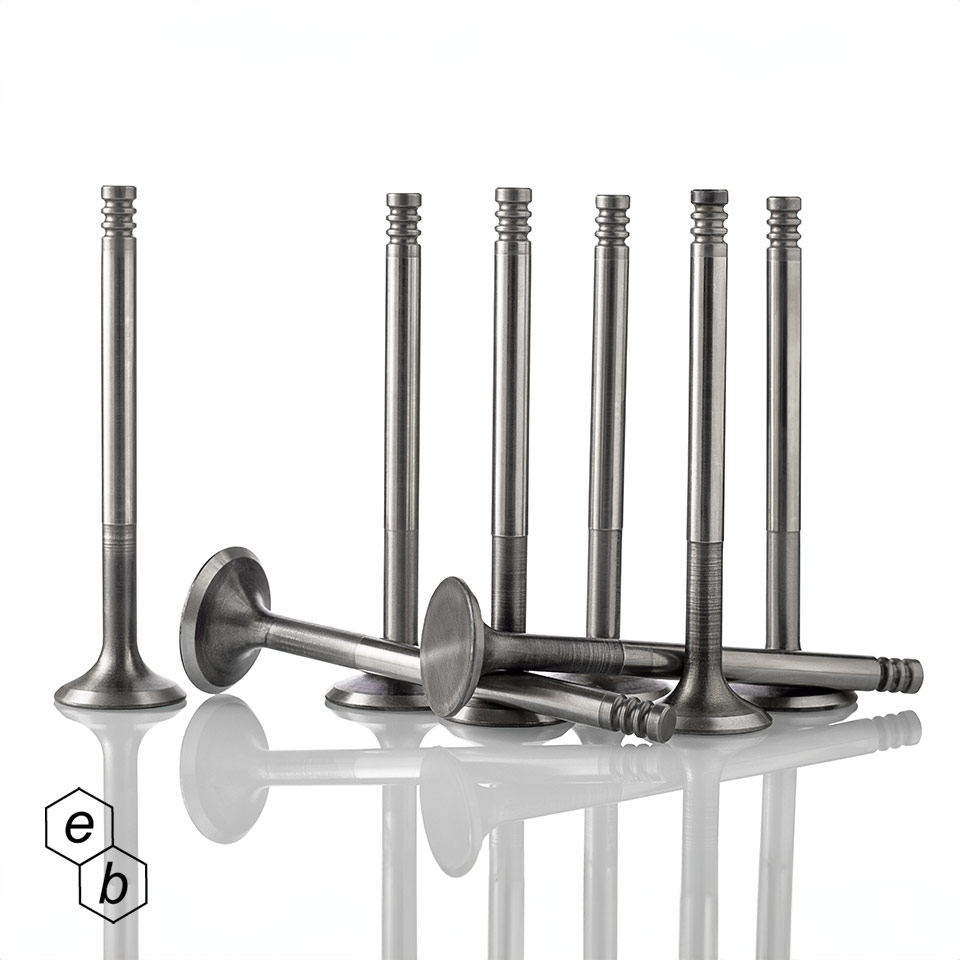
Packaged sodium can be stored indefinitely if stored correctly. There must be no open water points or pipes carrying water ar prohibited in storage area.”. Sprinkler systems are not permitted.
See also this:
Gewerbepark Birkenhain 7a
63579 Freigericht
Tel: +49 (0)6051-91669-51
Fax: +49 (0)6051-91669-57
E-Mail: info@bilgergmbh.de
